Increased productivity is one of the key benefits of automating manufacturing processes with industrial robots. Improving productivity is often one of the main motivators behind a company’s decision to implement robots along their production lines. The expansion of global markets has led to increased consumer demands and the need for businesses to turn out more products. Industrial robots are helping manufacturers to reach or exceed their productivity goals, allowing them to keep their consumers happy and to remain competitive.
Industrial robots are sophisticated and powerful machines capable of operating at high speeds. Faster operating speeds means more parts can be moved through a manufacturing process and turned into completed products in much less time than with human workers. For instance, a FANUC M-1ia is capable of transferring 100 parts per minute while its human counterpart may only be able to transfer 1 or 2 parts. Many manufacturing applications can be significantly sped up through robotic automation including arc welding, assembly, painting, and material handling. Faster operating times results in higher productivity levels.
Another way industrial robots help improve productivity rates is through their long operation hours. A FANUC Arc Mate 100ic can run 24 hours a day, 7 days a week without any stoppages. Robots do not require breaks, shift changes, sick days, or time off, all of which can have a negative impact on productivity rates. In addition, they are programmed to move from part to part without any delays in-between. A robot may only be out of work occasionally when it’s time for its maintenance which can be scheduled for downtimes and planned for. Having productions operate around the clock means more products can be manufactured in a day and allows for hyper-productivity.
Not only can industrial robots operate around the clock, but they can also have incredibly long lifespans. Companies can have robots on their production floors for several years to even several decades. The FANUC R-2000ib is capable of operating for over 100,000 hours, which is the equivalent of 40 years’ worth of work for a human. The long shelf-life of robots provides stability and reliability for manufacturers. High turnover is often an issue that plagues manufacturers and can diminish productivity with worker shortages, searches for new workers, and delays for new employee training. Robots provide consistent labor to keep manufacturing processes running at their full potential and allowing productivity to remain high.
While working at faster speeds and longer hours goes a long way for increasing productivity, the high level of accuracy from robot operation is another aspect that can have a positive impact on productivity rates. Robots are programmed with application parameters ensuring they operate with accuracy to eliminate errors resulting in damaged or defective parts. Lack of accuracy can be costly to productivity as mistakes can result in products being scrapped and restarted. A Yaskawa Motoman MA1400 can consistently produce seamless, even, and precise welds preventing defects with its accuracy, allowing for more products to be produced since additional time is not taken to correct errors or to start over. Even the most skilled worker is not immune to errors, but with industrial robots all parts are completed with accuracy resulting in increased throughput and higher productivity.
Robots Done Right |
Used Robot Sales |
How Robots Increase Productivity
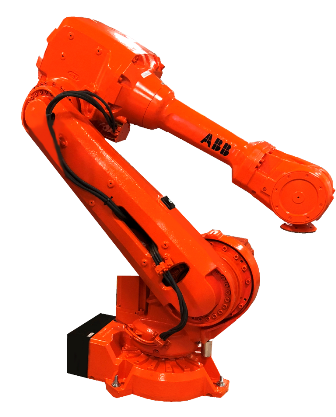
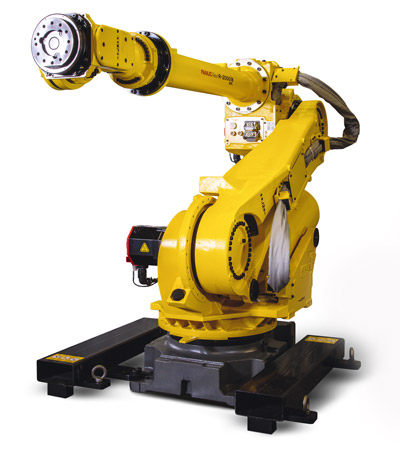
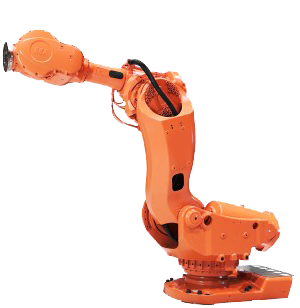
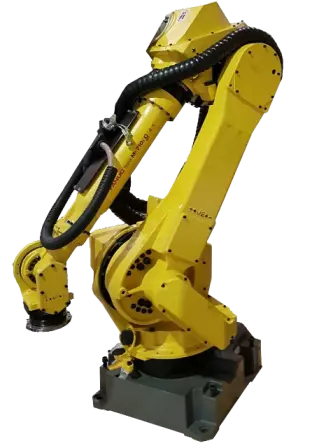
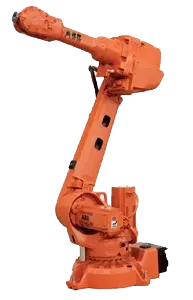
Robots Done Right is the place to start when it comes to used robots. Contact us if you are interested in buying or selling your used robot.